حول الاستفسار
التحقيق في كوفيد-19 في المملكة المتحدة هو
- تعرف على ما حدث خلال جائحة كوفيد-19 في المملكة المتحدة
- تعلم كيفية الاستعداد للأوبئة في المستقبل
ينقسم الاستفسار إلى وحدات.
تتناول كل وحدة موضوعًا مختلفًا، وتحتوي كل وحدة على:
- جلسات الاستماع العامة – الأحداث التي يتحدث فيها الأشخاص عن تجاربهم
- تقرير
كل قصة مهمة
كل قصة مهمة هذه هي الطريقة التي يجمع بها التحقيق تجارب الناس مع الوباء.
يمكن لأي شخص في المملكة المتحدة أن يشاركنا بقصصه. يتم استخدام القصص في التحقيق. ولا نستخدم أسماء الأشخاص.
تساعدنا القصص على التعرف على ما حدث، ثم اتخاذ قرار بشأن كيفية القيام بالأمور بشكل مختلف في المستقبل.
قد تشعر بالانزعاج عند قراءة القصص ومشاركتها. إليك رابطًا للحصول على معلومات حول الحصول على الدعم: https://covid19.public-inquiry.uk/support–أثناء الانخراط في الاستفسار
السجلات

تستخدم بعض الوحدات أدلة من
كل قصة مهمة تسجل.

كل سِجِلّ هو ملخص للأشياء التي أخبرنا بها الناس.

هذه الوثيقة هي النسخة سهلة القراءة من ملخص سجل اللقاحات والعلاجات.
تتوفر سجلات Every Story Matters على موقعنا الإلكتروني: كل قصة مهمة السجلات
اللقاحات
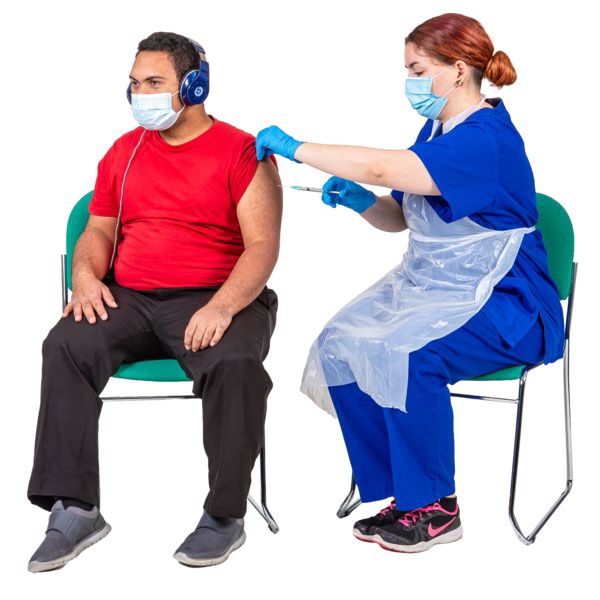
كوفيد-19 اللقاحات يتم إعطاؤها للناس على شكل حقنة.
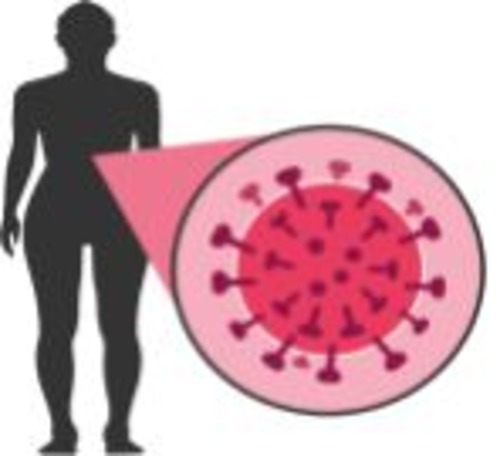
أ مصل يعلم جسمك كيفية التعرف على الفيروس ومحاربته.
العلاجات
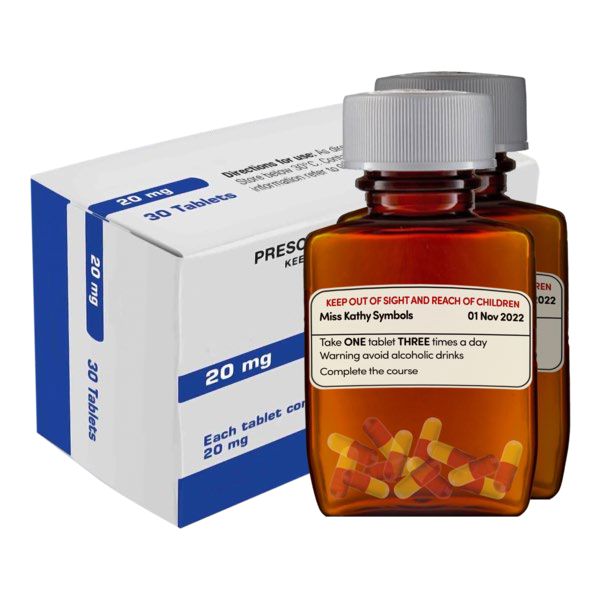
العلاجات مساعدة الأشخاص على التعافي من كوفيد-19 بشكل أسرع.
أمثلة على العلاج تشمل الأدوية والأجسام المضادة.

لم يتم منحها للجميع. فقط الأشخاص الذين من المحتمل أن يصابوا بمرض خطير سُمح لهم بذلك لديهم.
اللقاحات

الحصول على معلومات حول اللقاحات
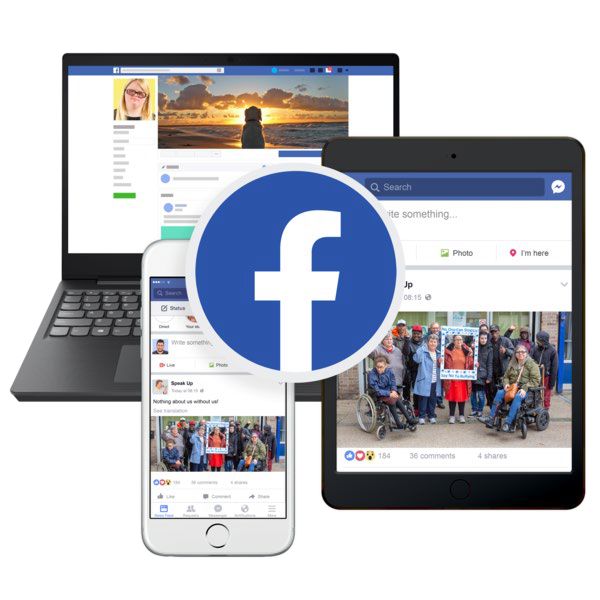
سمع الكثير من الناس عن اللقاحات من خلال الأخبار وعلى وسائل التواصل الاجتماعي.

شعر بعض الناس بالارتياح.
وأعطاهم الأمل بأن الحياة ستعود إلى طبيعتها قريبًا.

ويعتقد آخرون أن اللقاحات تم تطويرها بسرعة كبيرة.
وكانوا قلقين من أن اللقاحات قد لا تكون آمنة.

لقد فهم معظم الناس المعلومات حول من سيحصل على اللقاحات، ومتى.

أصيب بعض الأشخاص بالارتباك بسبب المعلومات المتعلقة بمدى أمان وفعالية اللقاحات.

كان من الصعب الحصول على معلومات يمكن الوصول إليها بسهولة. على سبيل المثال، في شكل مطبوع كبير الحجم أو بلغات مختلفة.

تغيرت النصائح المقدمة للنساء الحوامل والأمهات الجدد، مما أثار قلق الناس.
لم يثق بعض الناس في المعلومات التي تقدمها الحكومة بشأن اللقاحات، فبحثوا عن المعلومات في أماكن أخرى.
شعر بعض الأشخاص بالإرهاق بسبب كثرة المعلومات.

لم يثق كثير من الناس بما شاهدوه على وسائل التواصل الاجتماعي، فقد شاهدوا قصصًا عن أشخاص عانوا من ردود فعل سيئة تجاه اللقاحات.
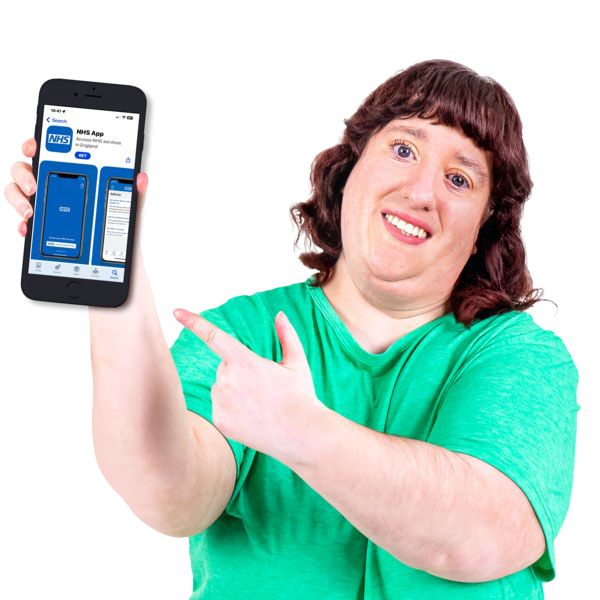
وقال بعض الأشخاص إن المعلومات الموجودة على وسائل التواصل الاجتماعي مفيدة وتساعدهم على اتخاذ القرارات.
الحصول على معلومات من أشخاص آخرين
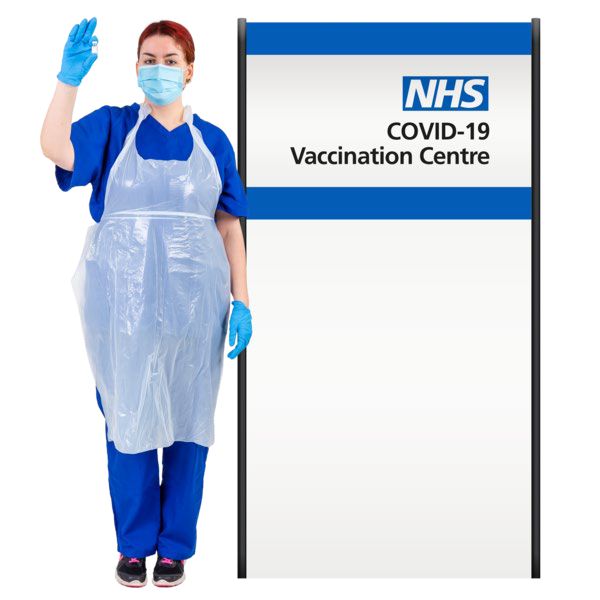
حصل الناس على معلومات جيدة من:
- العاملين في مجال الصحة، مثل الأطباء والقابلات
- مراكز اللقاح

- مجموعات الدعم
- المجتمعات الدينية
- الاصدقاء والعائلة
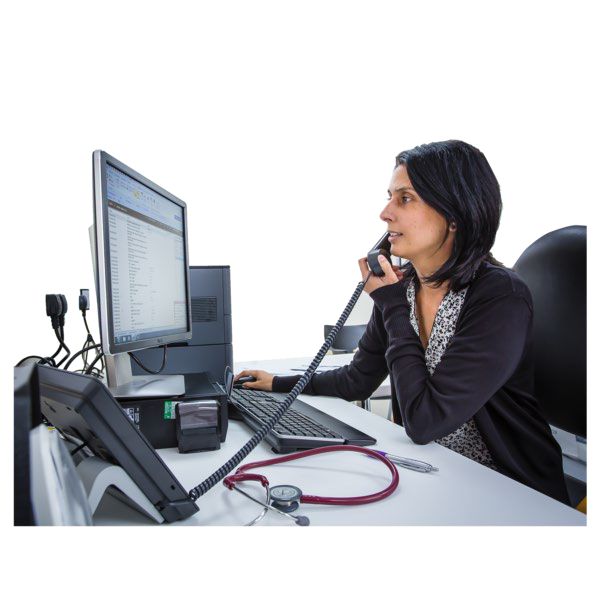
أراد بعض الأشخاص الحصول على مزيد من المعلومات من طبيبهم العام.
وأخبرنا بعض الأشخاص أن عائلاتهم حاولت إقناعهم بتلقي اللقاح أو عدم تلقيه.
أخبرنا الأشخاص الذين قرروا الحصول على اللقاح:
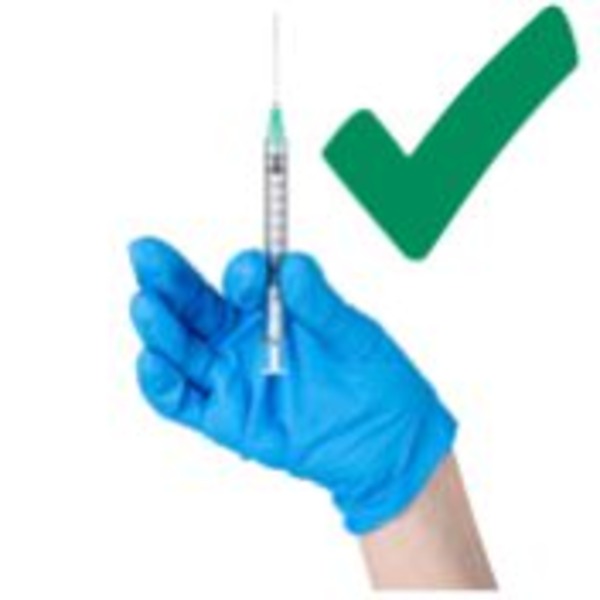
- لقد افترضوا أنهم سيتخذونها، لذلك لم يبدو الأمر وكأنه قرار
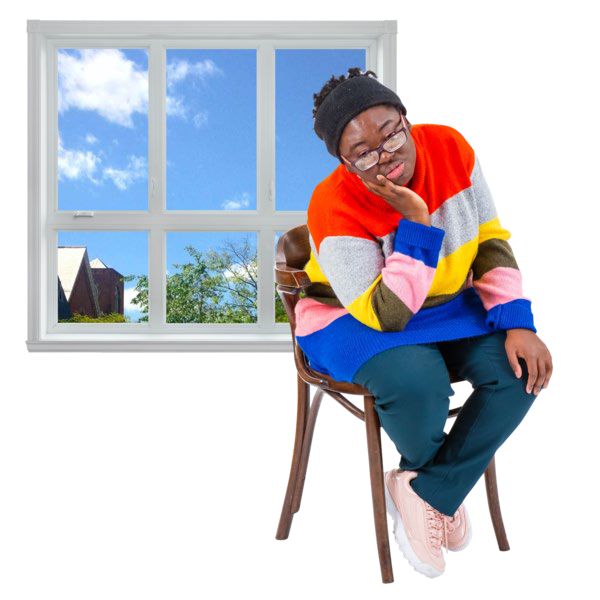
- لقد أعطاهم الأمل في إنهاء عمليات الإغلاق

- أرادوا حماية أنفسهم من الأمراض الخطيرة
- لقد وثقوا بالناس مثل العلماء والأطباء والسياسيين
- شعر بعض الناس أنهم بحاجة إلى تلقي اللقاح بسبب ضغوط المجتمع
الأسباب التي جعلت الناس يقررون عدم تلقي اللقاح، أو عدم التأكد:
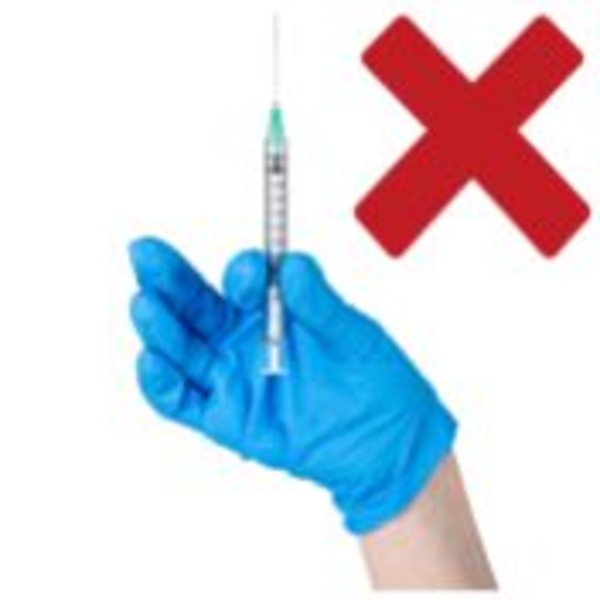
- القلق بشأن ما إذا كان اللقاح آمنًا
- لا توجد معلومات كافية حول تأثيرات اللقاح في المستقبل
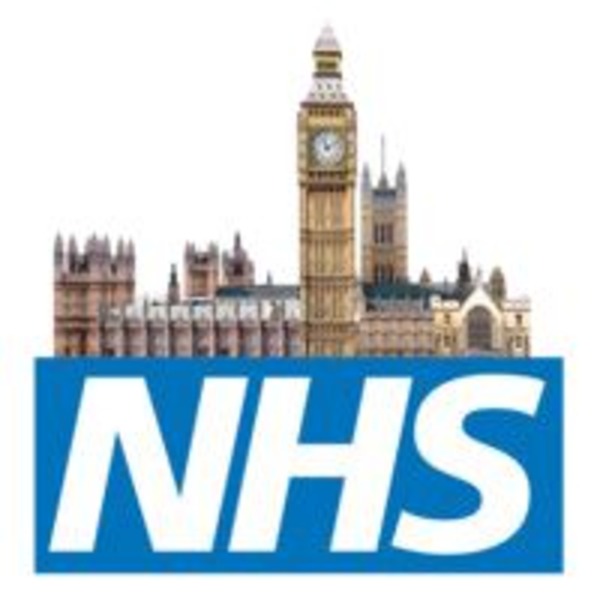
- إذا تعرض الناس للعنصرية والتمييز قبل الوباء، فإنهم لم يثقوا في الرسائل الصادرة عن الحكومة أو هيئة الخدمات الصحية الوطنية

- شعروا أنهم لا يحتاجون إلى اللقاح، لأنهم لم يكونوا معرضين لخطر الإصابة بمرض خطير
توفير اللقاحات للناس
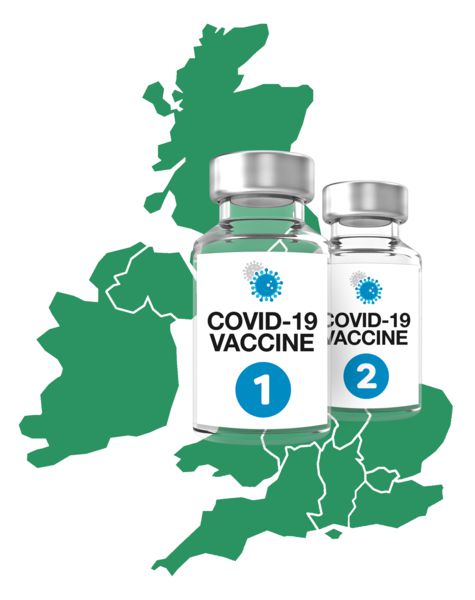
لقد حصل الأشخاص الذين كانوا في أمس الحاجة إلى اللقاح على اللقاح أولاً. وقد أخبرنا الناس أنهم يعتقدون أن هذا أمر عادل.
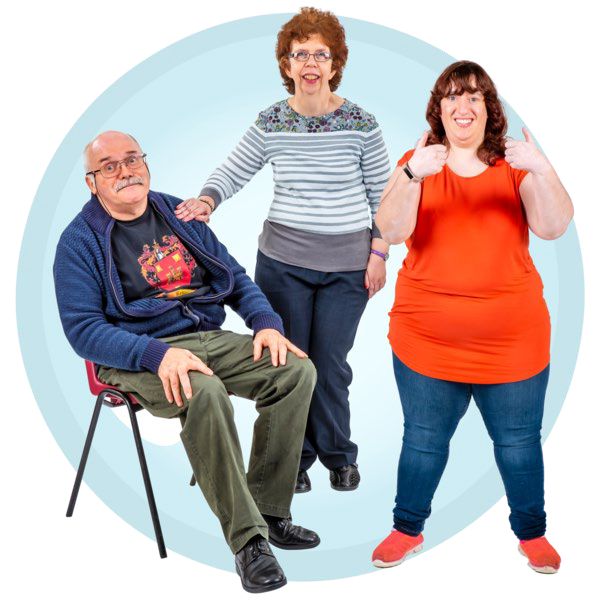
يعتقد البعض أن بعض الفئات من الناس كان ينبغي تطعيمها بسرعة أكبر.
على سبيل المثال، الأشخاص الذين يعيشون مع شخص معرض لخطر الإصابة بمرض خطير.
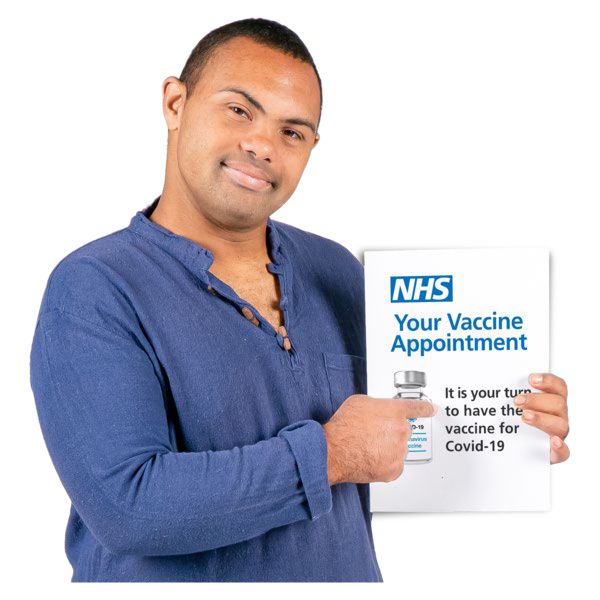
كان نظام الحجز جيدًا.
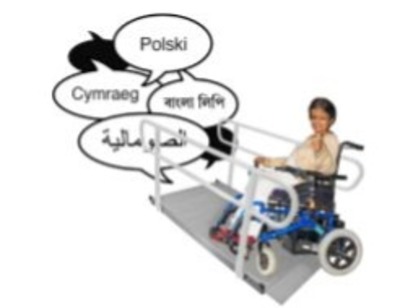
كان من الممكن أن يكون أكثر سهولة في الوصول إليه ويتضمن معلومات حول المساعدة الإضافية في مراكز اللقاح.
بعد اللقاح الأول

وشعر العديد من الناس بالحماس والأمل بشأن عودة الحياة إلى طبيعتها.
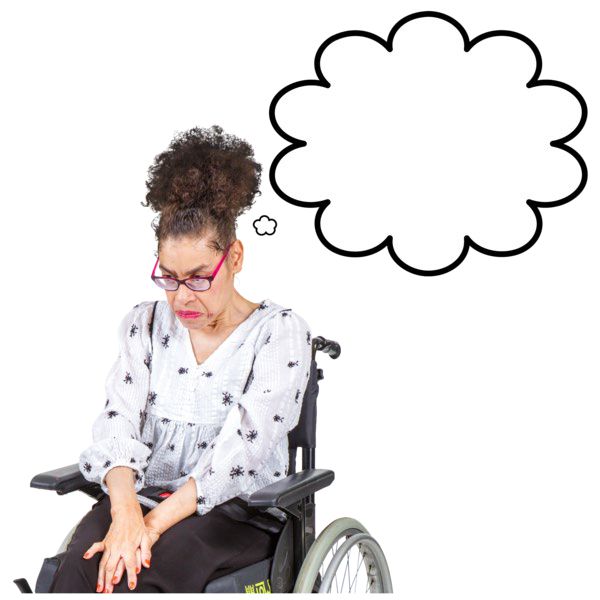
وقد شعر بعض الناس بالندم أو الخوف. وكثيراً ما كان ذلك بسبب شعورهم بأنهم أُرغموا على تلقي اللقاح.
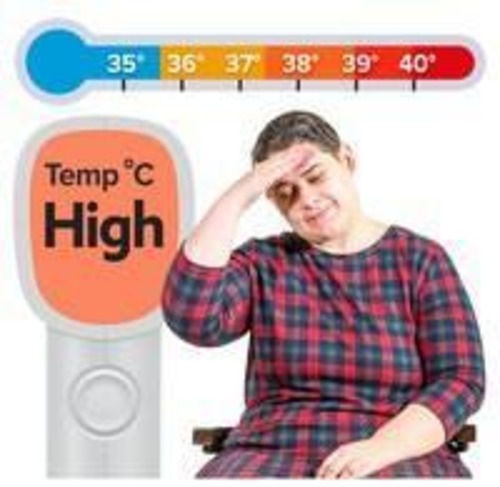
وشعر بعض الأشخاص بآثار جانبية، مثل ألم في الذراع، وألم، وحمى.
عانى بعض الأشخاص من آثار جانبية خطيرة للغاية واحتاجوا إلى الذهاب إلى المستشفى. شعر بعض هؤلاء الأشخاص بالإحباط والغضب والتجاهل.
العلاجات

تم تقديم العلاجات للأشخاص الأكثر عرضة لخطر الإصابة بمرض خطير بسبب فيروس كوفيد-19.

سمع الناس عن العلاجات من هيئة الخدمات الصحية الوطنية والمسؤول الطبي الرئيسي ومجموعات الدعم.
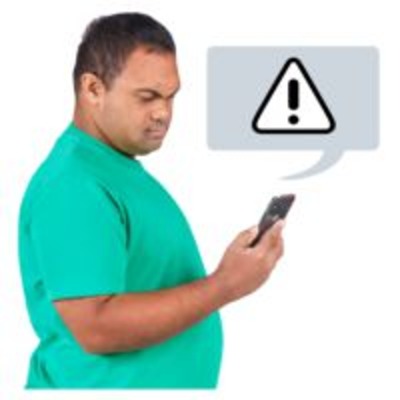
تم الاتصال ببعض الأشخاص عن طريق الاختبار والتتبع.
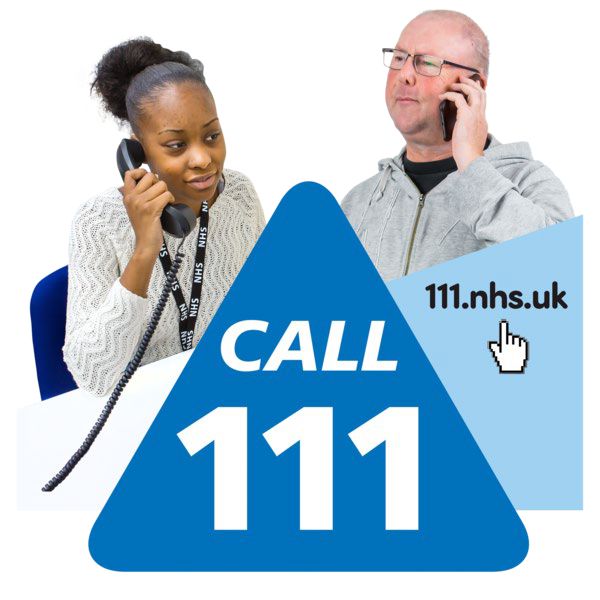
اتصل بعض الأشخاص بخدمة NHS 111.
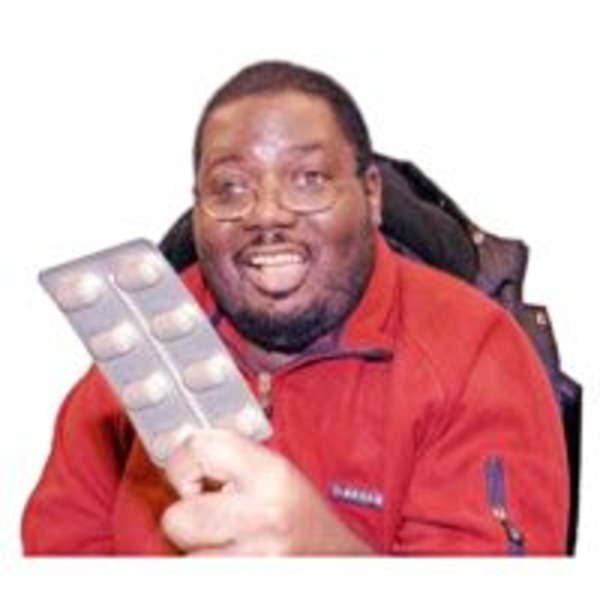
في كثير من الأحيان، ساعدت العلاجات على جعل الناس يشعرون بتحسن أقل.
كان بعض الناس في حيرة بشأن كيفية الحصول عليها ومن يُسمح له بالحصول عليها. وكانت المعلومات مختلفة في أماكن مختلفة.
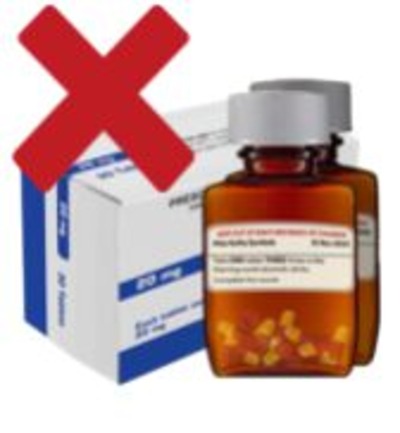
وقال بعض الأشخاص إنهم لم يتلقوا العلاج، لكن أشخاصاً في مواقف مماثلة تلقوا العلاج، الأمر الذي جعلهم يشعرون بالإحباط والغضب.
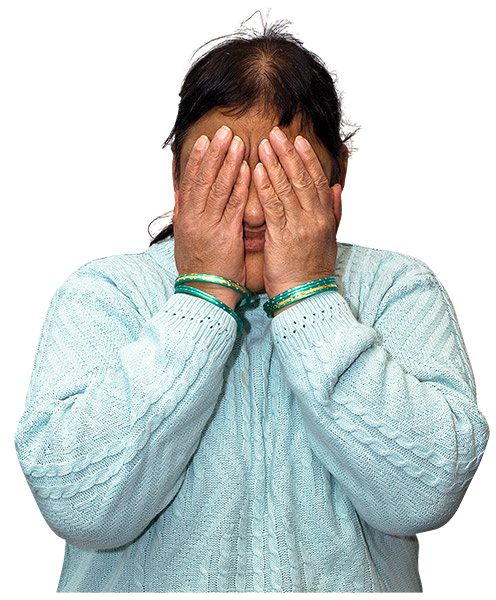
الأشخاص الذين لم يتلقوا العلاج شعروا بالخوف مما قد يحدث.
أخبر قصتك
يمكنك مشاركة تجاربك بثلاث طرق:
موقعنا
الأحداث
نحن ننظم فعاليات وأنشطة في المدن والبلدات في جميع أنحاء المملكة المتحدة.
بحث
نحن نقوم بإجراء الأبحاث مع مجموعات مختارة من الأشخاص.
نشكرك على قراءة سجلنا.
